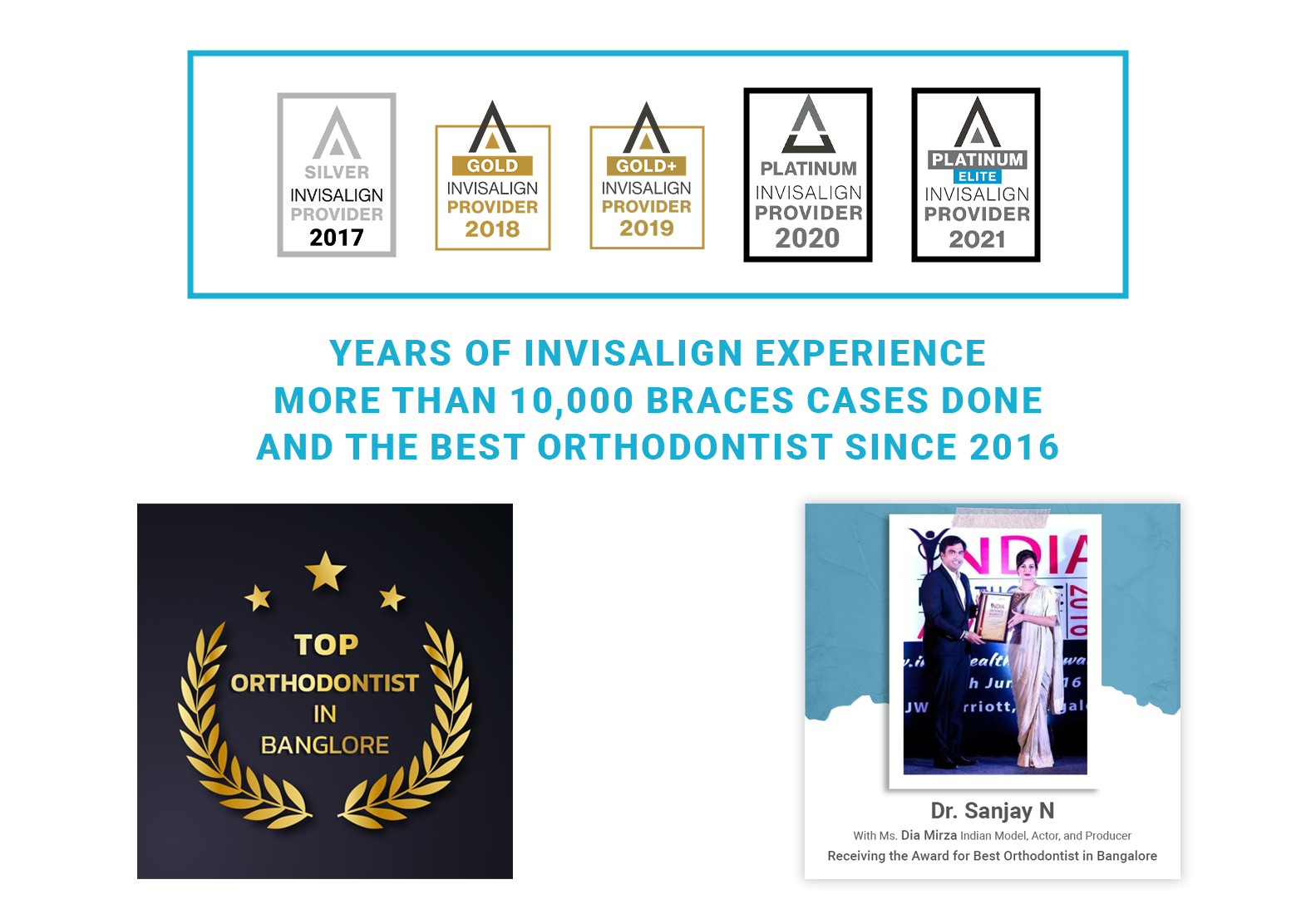
Living with Class 3 Malocclusion can be a daunting task for individuals who experience this condition. Definitely, there are various solutions to this condition. Class 3 Malocclusion, also known as an underbite, occurs when the lower jaw extends beyond the upper jaw, resulting in the lower teeth sitting in front of the upper teeth. This can cause difficulties in biting, chewing, and speaking, which can impact an individual’s self-confidence and overall quality of life.
However, with the right coping strategies and lifestyle changes, individuals with Class 3 Malocclusion can improve their quality of life. In this blog, we will discuss some coping strategies and lifestyle changes that can help individuals live with Class 3 Malocclusion.
Seek Professional Help
If you have Class 3 Malocclusion, seeking professional help is the first step towards coping with this condition. An orthodontist is a dental professional who can help correct the alignment of your teeth and jaw. They can recommend various treatment options, such as braces or orthodontic headgear, depending on the severity of your condition. At LV Dental Square we have the best solution to overcome this uncomfortable condition. Book an appointment with us today to get expert advice instantly.
Practice Good Oral Hygiene
Practicing good oral hygiene is crucial for individuals with Class 3 Malocclusion. Since the lower teeth sit in front of the upper teeth, it can be challenging to clean them properly, leading to a higher risk of tooth decay and gum disease. Brushing and flossing regularly, using an antiseptic mouthwash, and scheduling regular dental check-ups can help maintain good oral hygiene and prevent further dental problems.
Adopt a Healthy Lifestyle
Adopting a healthy lifestyle can also help individuals cope with Class 3 Malocclusion. Maintaining a healthy diet rich in vitamins and minerals can help strengthen teeth and bones, making them less susceptible to damage. Additionally, regular exercise can improve overall health and well-being, helping individuals feel more confident and self-assured.
Seek Emotional Support
Living with Class 3 Malocclusion can impact an individual’s self-esteem and self-confidence, leading to feelings of anxiety and depression. Seeking emotional support from family, friends, or a mental health professional can help individuals cope with these feelings and improve their mental health.
In addition to seeking emotional support from family and friends, it can be helpful to connect with others who are also living with Class 3 Malocclusion. Support groups or online communities can provide a safe and understanding space to share experiences, coping strategies, and tips for living with an underbite. It is important to remember that Class 3 Malocclusion is a common condition that affects many individuals. The right attitude and approach make it possible to live a fulfilling life with this condition.
In conclusion, living with Class 3 Malocclusion can be challenging, but with the right coping strategies and lifestyle changes, individuals can improve their quality of life. Seeking professional help, practicing good oral hygiene, adopting a healthy lifestyle, and seeking emotional support can all contribute to better physical and mental well-being. Have a nice rest of the day.

Dr. Sanjay N is one among the few best Orthodontists in Bangalore who specialises in Invisalign (invisible braces), Damon Braces, and Ceramic braces, and Lingual Braces. He is a keen academician and servers as an Associate Professor at Rajiv Gandhi Dental College & Hospital, Hebbal has been training Post Graduate dental Aspirants in orthodontics since past decade and has has 4 International and 10 National Publications to his credit. Dr. Sanjay has been awarded as the “Best Orthodontist in Bangalore” at the Healthcare Awards in 2016.

